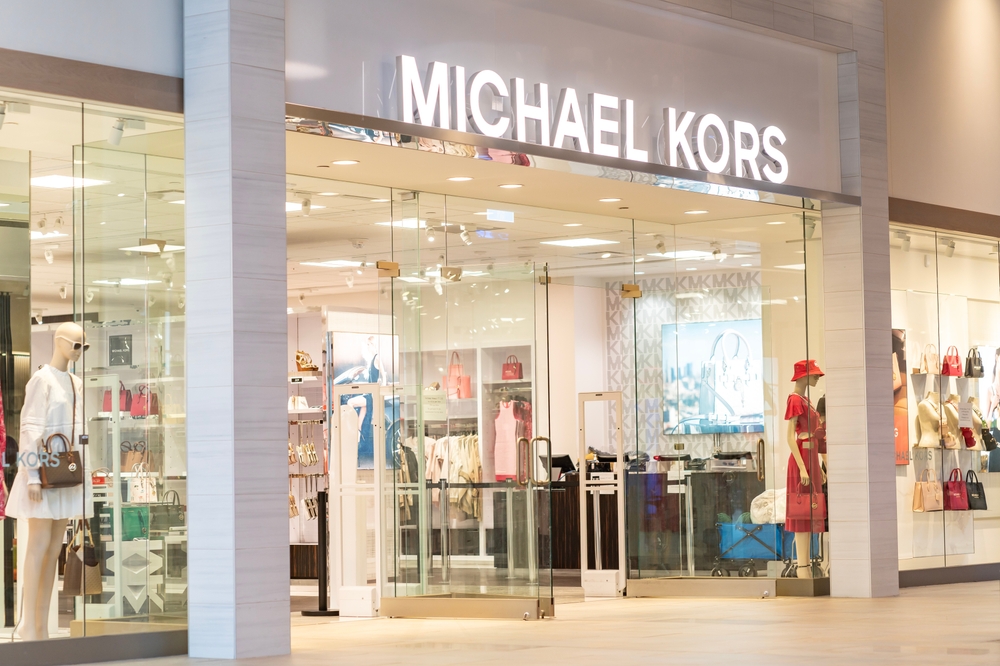The much-anticipated merger between Capri Holdings and Tapestry Inc., which aimed to create a powerhouse of luxury fashion brands, has officially been called off. This decision comes after the Federal Trade Commission (FTC) successfully blocked the deal in court, leading both companies to mutually agree on termination due to regulatory hurdles.
Regulatory Hurdles and Termination
Capri and Tapestry announced Thursday that they have mutually agreed to end their $8.5 billion merger. The companies cited the improbability of securing regulatory approval before the deal’s expiration in February. The move comes after the FTC’s successful lawsuit to block the merger, which claimed it would harm consumers and reduce employee benefits. A federal judge upheld the FTC’s position by granting a preliminary injunction in April, a ruling Tapestry initially planned to appeal.
Capri’s Perspective on the Future
Capri CEO John Idol expressed optimism despite the setback, focusing on the company’s growth potential. “With the termination of the merger agreement, we are now focusing on the future of Capri and our three iconic luxury houses,” Idol said. “Looking ahead, I remain confident in Capri’s long-term growth potential for numerous reasons.”
Capri, which owns renowned brands Versace, Jimmy Choo, and Michael Kors, will continue its strategic efforts to enhance brand desirability through targeted initiatives. Idol emphasized the importance of a unique approach tailored to each brand but with a shared goal of enhancing communication, product appeal, and customer experience.
Tapestry’s Shift in Strategy
In a statement released Thursday, Tapestry made it clear that it would pursue growth independently. CEO Joanne Crevoiserat underscored this by saying, “We have always had multiple paths to growth and our decision today clarifies the forward strategy. Building on our successful first quarter, we will move with speed and boldness to accelerate growth for our organic business.”
The company also announced a $2 billion share repurchase program funded through a mix of cash on hand and debt. Tapestry’s approach reinforces its belief that it doesn’t need Capri to achieve sustainable growth.
Financial Impact and Market Response
Despite there being no break fee associated with the transaction, Tapestry agreed to reimburse Capri for expenses incurred during the regulatory process, amounting to approximately $45 million. Wall Street analysts had grown skeptical of the merger, voicing concerns over Tapestry’s potential overpayment and the extended approval timeline, especially given Capri’s declining performance.
Following the announcement, market reactions were swift. Tapestry shares climbed over 7% in premarket trading, while Capri’s stock fell by more than 5%. This mirrored the immediate aftermath of the judge’s ruling when Capri’s shares plummeted nearly 50%, while Tapestry’s stock saw a 10% increase.
Capri’s Focus on Brand Revitalization
Capri’s management, led by John Idol, has set sights on reinvigorating its brands, particularly Michael Kors, which has struggled with declining sales. Idol noted that strategic initiatives have already been launched to rejuvenate growth. “Given our Company’s performance over the past 18 months, we have recently started to implement a number of strategic initiatives to return our luxury houses to growth,” he said.
The company is set to discuss these plans in detail during a call with analysts, with a specific focus on strategies to strengthen brand desirability and consumer engagement.
The cancellation of the Capri-Tapestry merger underscores the challenges of large-scale acquisitions in today’s regulatory environment. While the merger’s end shifts each company’s path, Capri looks ahead with plans to revitalize its iconic brands, and Tapestry aims to bolster its growth through strategic repurchases and independent expansion. The luxury market, while resilient, will watch closely as both firms navigate their next steps.


